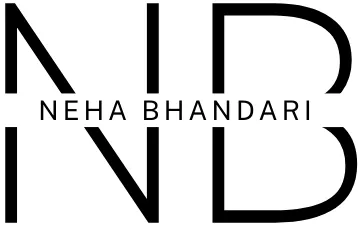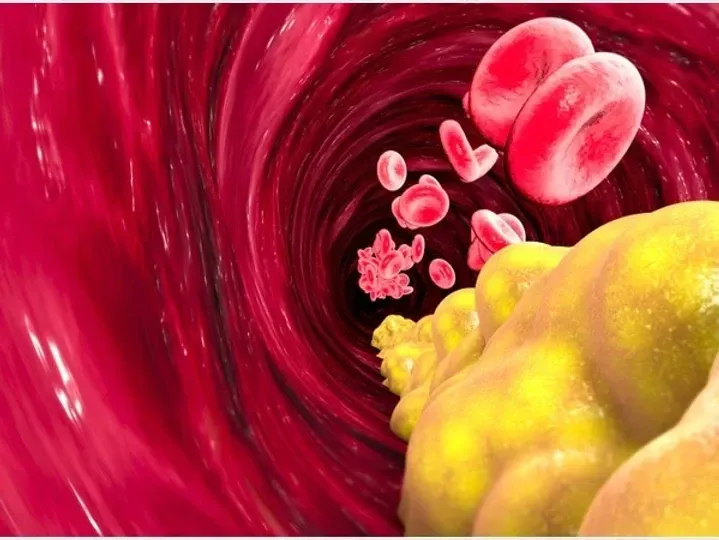
Lifestyle
As the Dalai Lama said, "The purpose of our lives is to be happy.”
And in today's world, how we live our life is a primary factor in helping us achieve that. Remember! it is never too late to begin.
"A lifestyle change begins with a vision and a single step". - Jeff Calloway
If you have the vision then I will show you the steps.
So go ahead and take the first step right now.
Food
The food you eat can either be
the safest and most powerful
form of medicine ....
or
the slowest form of poison ....
- Ann Wigmore
And remember,
The doctor of the future will no longer
treat the human frame with drugs,
but rather will cure and prevent diseases
with nutrition.
- Thomas Edison
Wellness
Wellness is considered a conscious, self-directed and evolving process of achieving
full potential. It is multidimensional and holistic, encompassing lifestyle,
mental and spiritual well-being,
and the environment.
Wellness begins where the mind, body and soul intersect.
The physical body is just a reflection of the health of the mind and soul.
One cannot see the benefits of true health
unless all three are in balance.

All You Need To Know To Reduce Cholesterol
All You Need To Know To Reduce Cholesterol
Updated: Apr 28, 2021
Did your doctor just diagnose you with high cholesterol and asked you to reduce it? And, perhaps, you are reading this article to learn in detail about this defamed monster. Or, are you a fitness enthusiast who wants to know how to eat right to avoid any future high cholesterol situations? In this article, I will try my best to answer four important questions pertinent to reducing the unwanted cholesterol in your body.
These are:
What is Cholesterol?
Why is Cholesterol important for your body?
Why some cholesterols are bad?
How to reduce high cholesterol level by right diet?
What is Cholesterol and how does it function?
Cholesterol is waxy, fat molecule that is insoluble in blood and travels in our blood via Lipoproteins. HDL, that is High-density Lipoproteins brings the excess cholesterol to the liver for disposal. LDL are Low-Density Lipoproteins that transport cholesterol and fat from the liver to the rest of the body.
Why is Cholesterol important?
If you think cholesterol are only bad guys, that is not true. These are important compounds that your body needs to produce vitamin D, steroid hormones, and bile acids for digestion.
Cholesterol plays an important part in building structure or cell membranes and helps in increasing membrane viscosity. That is why a low-fat diet can cause brain fogging, confusion, and lack of concentration as they affect the brain cell function.

Why is cholesterol bad?
Your body can absorb only that much cholesterol that it needs. The excess and unused cholesterol in your blood converts into plaque and sticks to the wall of your arteries making them narrow and blocked. This eventually leads to chronic heart diseases. That is why high HDL and low LDL and triglycerides are a good sign that things are in balance.

Plaque
Sharing a table below that suggests the levels of cholesterol in your blood and its implications. Cholesterol Level Indication Implication
Below150 - Low - Protected against cardiovascular disease.
151 – 200 - Normal 35% more chances of Cardiac arrest
200 Borderline
200 – 260 - High
My advice is to keep your total cholesterol level below 200 for a healthy heart and longer life.
How to reduce cholesterol with the right diet without taking any medicine?
This the next thing you want to know. You must be wondering if you can manage your cholesterol without using any drugs. My answer is, yes. You can bring down the cholesterol levels in your body by managing your lifestyle and the right diet. Yes, without popping cholesterol-lowering pills (statins). All it takes is your commitment and little effort.
The good news is you can achieve a 40% drop in LDL over a period of one year just by making positive adjustments in nutrition and lifestyle. Add 30-40 minutes Add 30-40 minutes of exercise to your daily regime, sweat it out. This boosts HDLs.
Finally! What should you be eating?
A few dietary suggestions from me to you to gain better control over your cholesterol.
1. Replace Bad Fats with Healthier Fats
Balance comes naturally if we choose to eat a white selection of diverse, whole, less processed fats such as nuts and seeds, eggs, fatty fish, poultry, avocado, olives, olive oil, etc. Try to minimize or eliminate refined and processed foods containing industrially produced fats and artificially hydrogenated fats.
At times it may be useful to supplement particular fat types especially Omega 3s, for example, fish oil, krill oil, or algae oil.

But the biggest culprit in cardiovascular disease is always excess body fat.
Trans fat is also bad fat. It can raise your LDL and lower your HDL (good cholesterol). Trans fat is found mostly in foods made with hydrogenated oils and fats, such as stick margarine, crackers, and French fries.
2. Include Lots of Soluble Fibres In Your Diet
Foods items that are high in soluble fiber help prevent your digestive tract from absorbing cholesterol. These foods include:
Whole-grain cereals such as oatmeal and oat bran
Fruits such as apples, bananas, oranges, pears, and prunes
Legumes such as kidney beans, lentils, chickpeas, black-eyed peas, and lima beans
Suggested read: Fiber – The Natural Cholesterol Fighter
3. Eat Lots of Fruits and vegetables –
This helps in increasing important cholesterol-lowering compounds called plant stanols or sterols that work like soluble fiber.
4. Don’t forget the whole grains

Daily intake of whole grains will reduce the risk of plaque by 30%.
5. Legumes bind cholesterol-
Eat a minimum of 1 cup of fiber-rich legumes every day. These will bind to the cholesterol in the digestive tract and flush it out.
6. Eat fish high in omega-3s –
You can also eat supplements with omega-3’s (algae or fish oils). Omega 3 are fatty acids that help raise your HDL level. It is good for your heart’s health and reduces the risk of a heart attack. Fish that are a good source of omega-3 fatty acids include salmon, tuna (canned or fresh), and mackerel. Try to eat these fish two times a week.

Suggested Read – What are Omega Acids and how to eat them for better results?
7. Include lots of herbs and spices in your food –
This includes mainly ginger, garlic, and turmeric. Ginger and garlic help in better blood circulation. Turmeric is rich in curcumin which can block cholesterol uptake in the gut.
8. Cocoa to reduce cholesterol too –
Now you have one more reason to eat more chocolate. Chocolates are rich in flavonoids. Flavonoids are powerful antioxidant agents that help regulate body metabolism and known for their role in decreasing LDL, increasing HDL, and reducing platelet stickiness. Other flavonoid-rich foods are green tea, citrus fruits, berries, red wine, and legumes.
9. Reduce salt intake

10. Drink Alcohol in Limited Quantity.
If you relish drinks, you can limit your intake to minimize your risk of High blood pressure and heart disease. Excessive and regular intake of alcohol will lead to a rise in your LDL (Low-Density Lipoprotein), basically, bad Cholesterol level and lower your HDL. You will gain more weight due to the extra calorie intake.

There is one healthy way to enjoy your drinks without risking your health. Bringing down your alcohol intake to one drink is a glass of wine, beer, or a small amount of hard liquor will help you reduce the cholesterol levels. The recommendation is-
Men should have no more than two drinks containing alcohol a day
Women should have no more than one drink containing alcohol a day
Conclusion
So, you see that by making the right diet modifications and a moderate amount of physical activity you can reduce cholesterols to the desired level and lose weight simultaneously. Also, get off medicines completely.
© Neha Bhandari Rao | Privacy Policy | Terms
